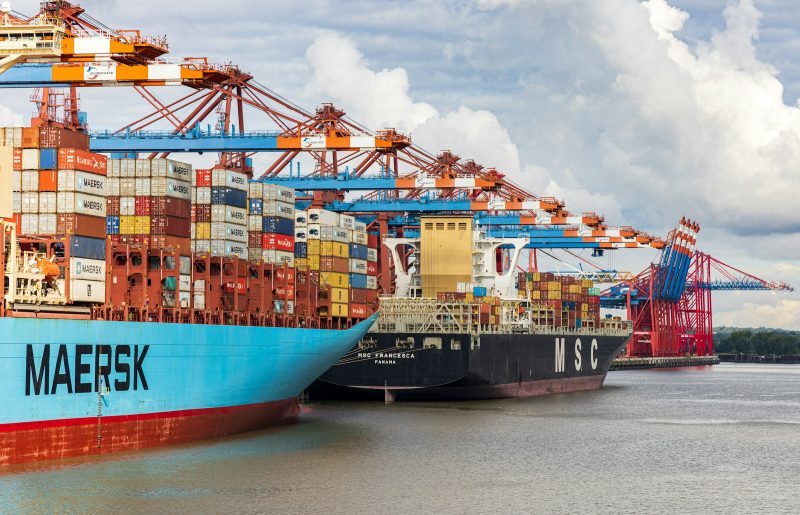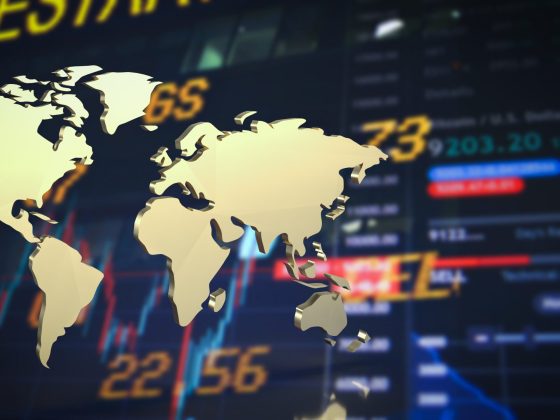The International Monetary Fund (IMF) will lower its global growth predictions due to rising trade tensions and market volatility, but no global recession is likely, Managing Director Kristalina Georgieva said on Thursday.
Georgieva spoke at the IMF headquarters in Washington ahead of next week’s IMF and World Bank spring meetings, emphasising the economic cost of what she described as a global trade system reboot.
The unpredictable shifts in trade policies
According to Reuters, the IMF chief portrayed a picture of a global economy roiled by unanticipated adjustments in trade policy.
“Disruptions entail costs,” Georgieva said in prepared remarks, indicating that the IMF’s updated outlook will show “notable markdowns” in growth, as well as higher inflation in some regions.
She quoted The Wizard of Oz, saying, “We’re not in Kansas anymore,” emphasising the unprecedented amount of uncertainty.
She warned that the volatility had already triggered stress signals in financial markets, citing recent changes in the US Treasury yield curve.
Tariff hikes, global fallout
According to Georgieva, recent tariffs imposed by the United States, as well as retaliatory measures taken by China and the European Union, have increased global economic tension.
These steps have raised US effective tariff rates to levels not seen in decades, provoking countermeasures that are now affecting economies around the world.
“As the giants face off, smaller countries are caught in the cross currents,” according to Georgieva.
Because the United States, the European Union, and China are the world’s top three importers, their tensions have far-reaching consequences for smaller and emerging economies, particularly those already vulnerable to tightening financial circumstances.
Short-term pain and long-term risks
While some large economies may get a brief boost from domestic investment in reaction to tariffs, Georgieva cautioned that the advantages are slow to emerge and unevenly distributed.
Long-term protectionism, on the other hand, will almost certainly harm productivity and creativity.
“Protectionism erodes productivity over the long run, especially in smaller economies,” Georgieva said.
She claimed that by protecting industries from foreign competition, governments risk impeding innovation and entrepreneurship.
Georgieva also urged governments to remain committed to economic and financial reforms, citing the need for credible and nimble monetary policy, effective financial oversight, and the safeguarding of aid flows to low-income countries.
She also emphasised the need for exchange rate flexibility for emerging nations, claiming that it would assist them in navigating recurring global shocks.
Georgieva issued a clear call to diplomacy, encouraging the world’s leading economies to return to the negotiating table and establish a trade agreement that promotes openness while reversing the growth of tariffs and nontariff barriers.
“We need a more resilient world economy, not a drift to division,” she responded. “All countries, large and small alike, can and should play their part to strengthen the global economy in an era of more frequent and severe shocks.”
The post IMF Chief warns of economic uncertainty amid US-China-EU trade tensions appeared first on Invezz


